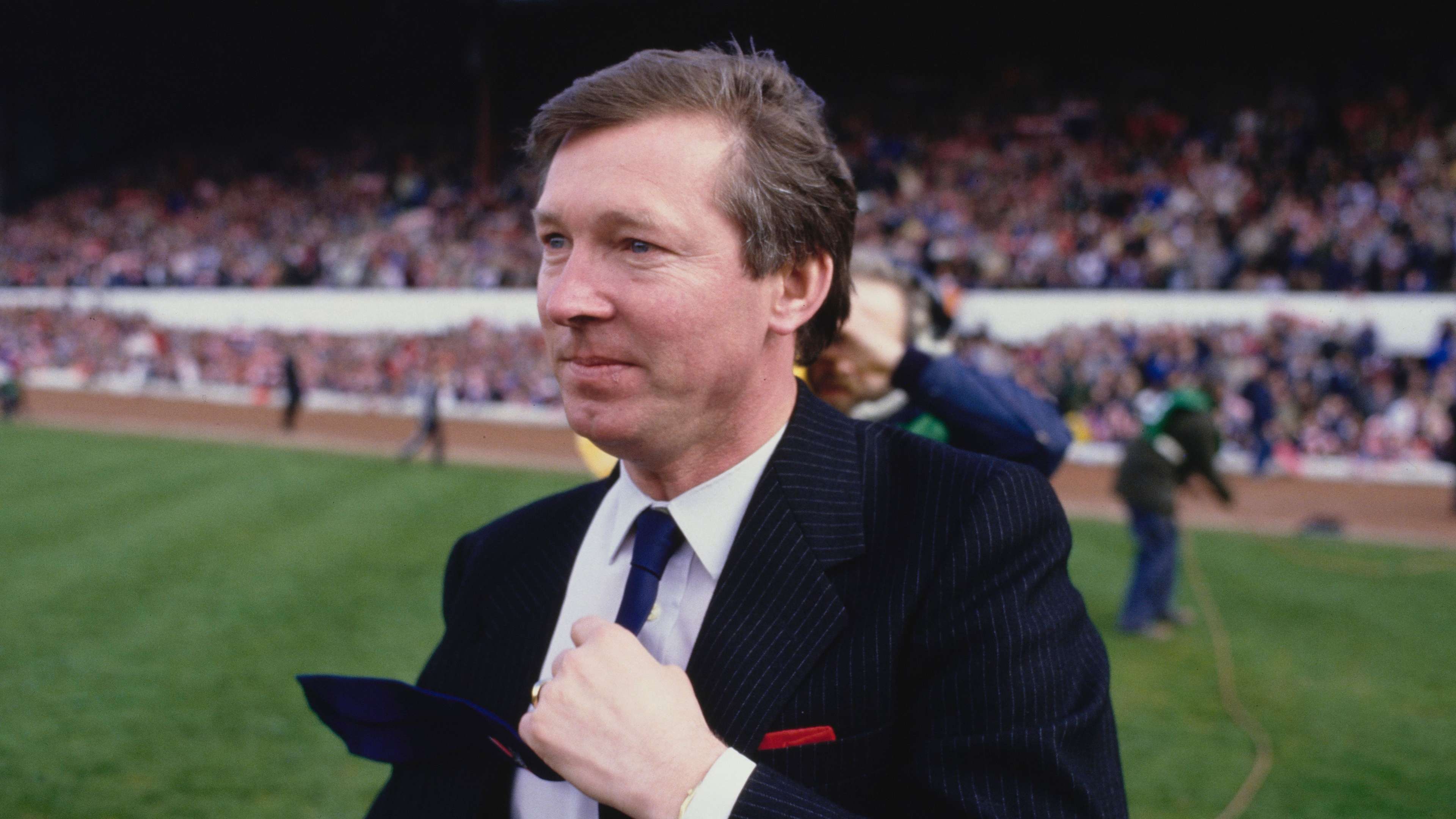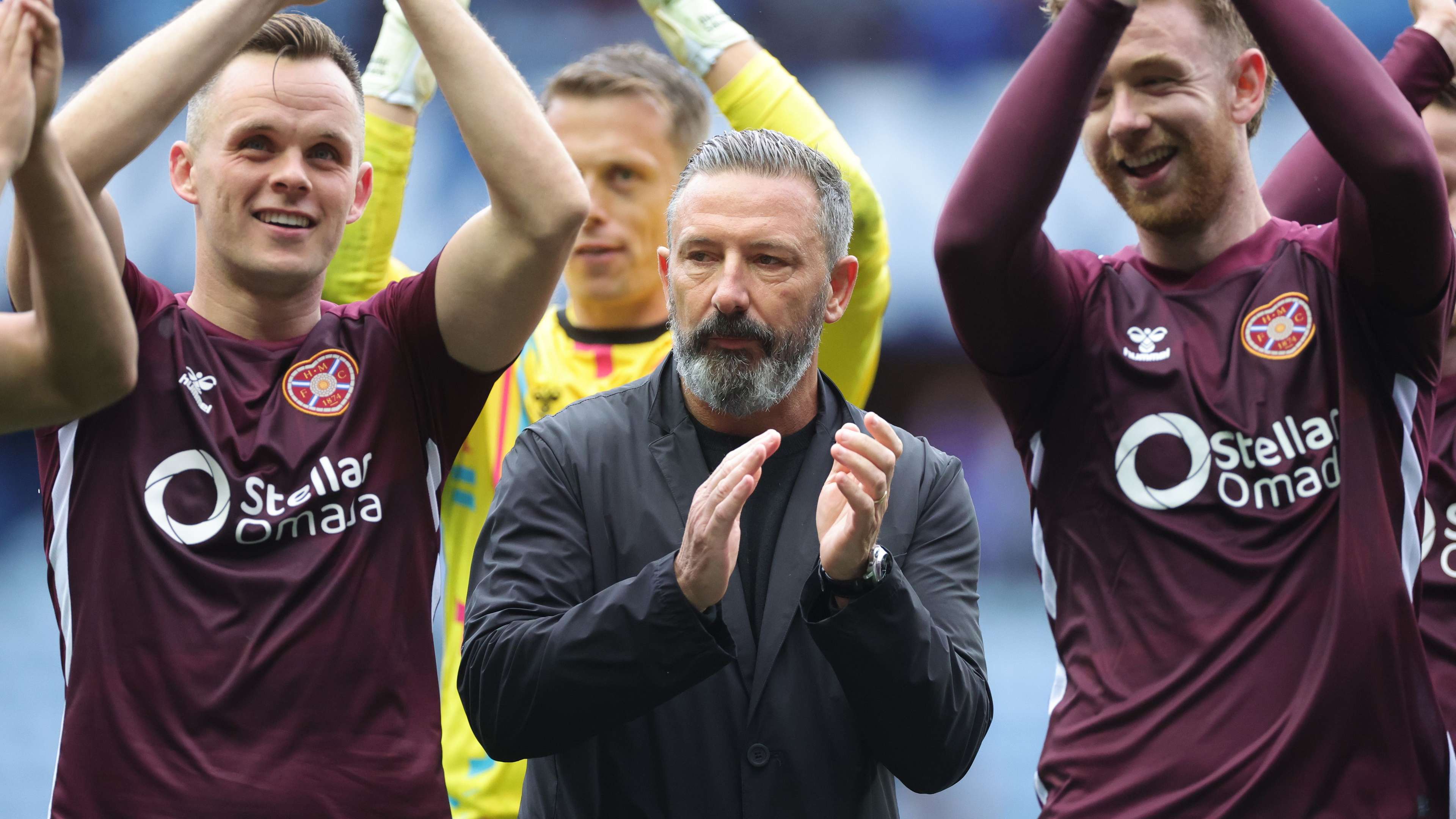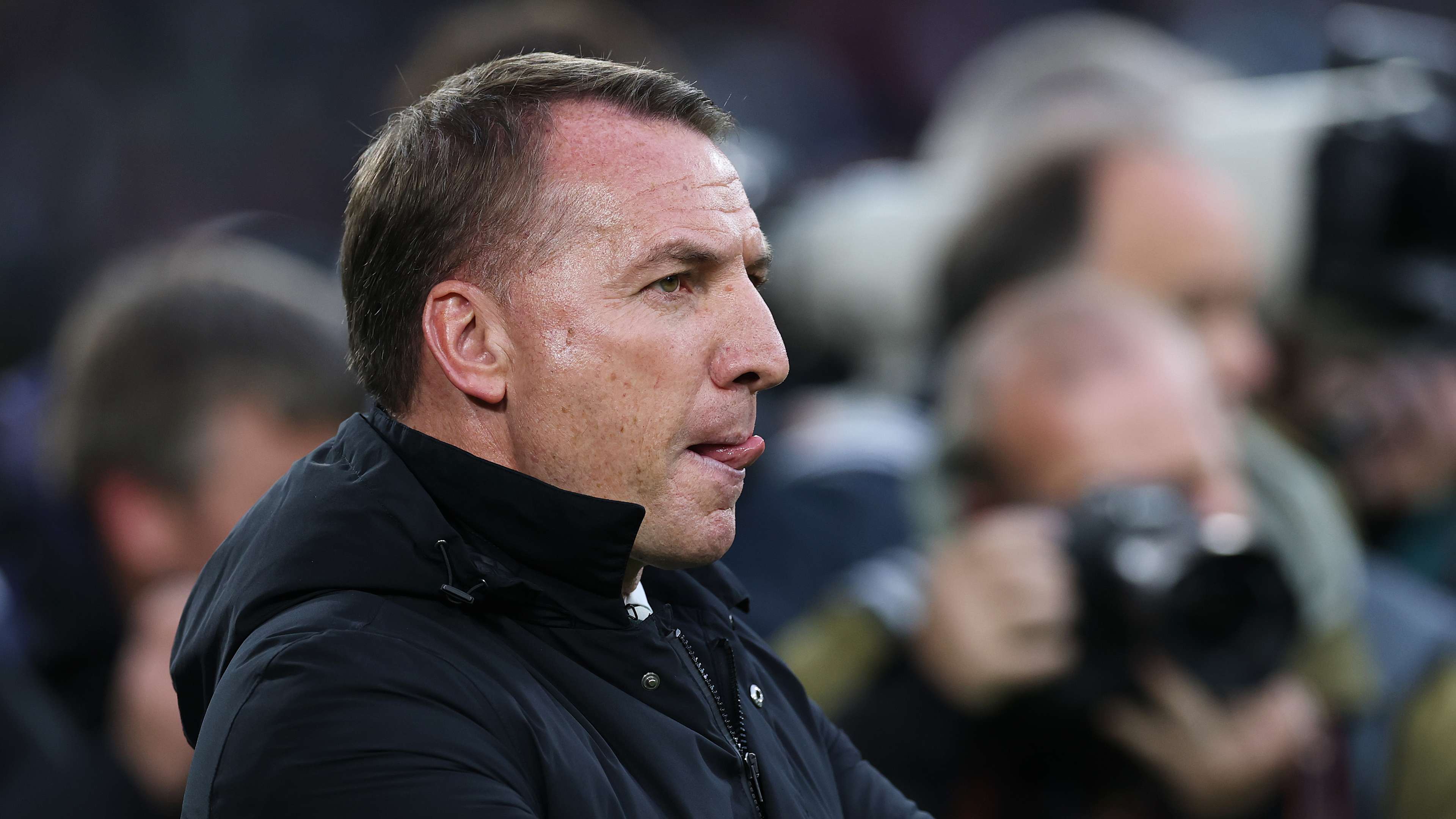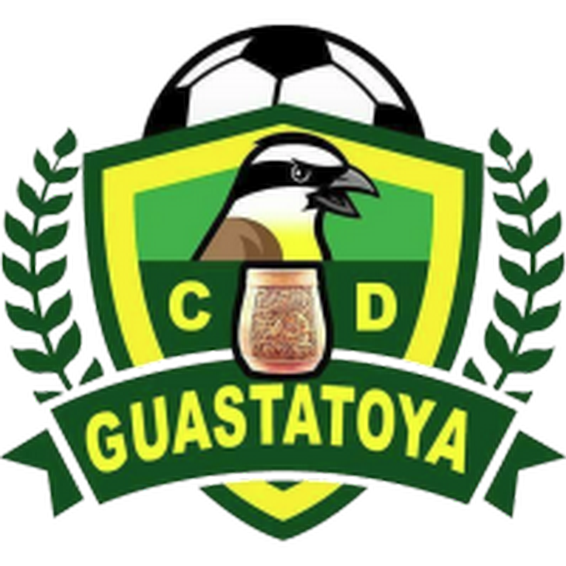
Hearts Stun Celtic to Move Eight Points Clear at the Top of the Scottish Premiership
Derek McInnes’ Side Eye Historic Title Bid as They Aim to Become First Non-Old Firm Champions Since Sir Alex Ferguson’s Aberdeen
There was something in the Edinburgh air on Sunday — a hint of disbelief, a touch of euphoria, and, for the first time in a generation, genuine belief. Hearts, once the perennial nearly-men of Scottish football, have blown the title race wide open. Their 3–1 victory over Celtic at Tynecastle wasn’t just three points — it was a statement, a surge of momentum, and a reminder that history, though written by giants, is sometimes rewritten by the bold.
Derek McInnes’ men didn’t just beat the champions — they outplayed them. From the moment Dane Murray’s unfortunate own goal put the hosts ahead, to the late strikes from Alexandros Kyziridis and Lawrence Shankland that sealed it, Hearts looked composed, hungry, and utterly convinced they belong at the top.
Eight points clear now, and suddenly, Scottish football has a real title race again.
Hearts Fans in Dreamland as Kyziridis and Shankland Shine
Even before kick-off, there was a hum of anticipation around Gorgie. Hearts had been flying — a mix of defensive discipline, attacking flair, and a togetherness rarely seen in recent memory. Facing Celtic, though, is always a different beast. A decade of dominance, the financial muscle, the aura — it all looms large.
But from the first whistle, McInnes’ side looked fearless. They pressed high, passed sharply, and refused to let Celtic settle. The opening goal, cruel as it was for Murray, felt like a reward for the early aggression. The young defender, trying to clear a whipped cross under pressure, could only deflect the ball past his own keeper. Tynecastle erupted.
Celtic, to their credit, responded with the authority of champions. Callum McGregor, the metronome of their midfield, struck a beauty from distance to level the score. For a brief spell, it felt as if order was restored. But Hearts had other plans.
Early in the second half, Alexandros Kyziridis — who has quickly become a fan favourite for his relentless energy and directness — cut inside from the left and buried a curling shot into the corner. Tynecastle roared again, louder this time, louder than it had in years. And when Lawrence Shankland, the captain and heartbeat of this team, calmly converted from the spot to make it three, belief swept through the stands like wildfire.
As the final whistle blew, thousands stood in disbelief, applauding a side that had not only beaten Celtic but outworked and out-thought them. For many, it felt like more than just a win — it felt like a shift in the balance of Scottish football.

Alex Ferguson Aberdeen Manager 1986 Scottish Cup Final
A Throwback to Ferguson’s Aberdeen — and the Dream of a New Era
Whenever a non-Old Firm side dares to challenge for the Scottish title, the comparisons are inevitable. Aberdeen’s glory days under Sir Alex Ferguson remain the ultimate benchmark. The Dons, in that golden 1980s era, broke the Glasgow duopoly with a mix of steel and swagger, capturing two league titles (1984 and 1985) and conquering Europe with their legendary Cup Winners’ Cup triumph over Real Madrid.
To this day, Aberdeen’s 1985 title remains the last time anyone outside Celtic or Rangers lifted the Scottish crown. Forty years of dominance later, Hearts’ current form has reawakened memories of Ferguson’s fearless Pittodrie side.
Derek McInnes — who, ironically, began his managerial rise at Aberdeen — has been quick to downplay such comparisons. But the echoes are hard to ignore: a tight-knit squad, a tactically astute manager, and a belief that hard work and organisation can topple giants.
It’s still early — McInnes has been the first to remind everyone of that — yet this Hearts team has the look of something special. They’re physical without being reckless, technical without being indulgent, and above all, mentally relentless.
McInnes: “We’ll Take the Three Points — and Keep Our Feet on the Ground”
In the post-match interviews, McInnes was typically grounded. “We take the three points and we stick them in the pocket,” he told Sky Sports, smiling. “It does us no harm in terms of belief and confidence. But it’s not a statement win — maybe for others looking in, but for us, it’s just part of the journey.”
He spoke like a man aware of how fragile momentum can be. “Once you go round a couple of rounds of fixtures, that’s when you really know where you are. But I thought the lads were terrific — strong, polished, and technically sharp. We’re in a good place physically too, and long may that continue.”
His words struck the perfect balance: measured optimism without arrogance. Hearts may be eight points clear, but McInnes knows the hard yards still lie ahead.

Rangers v Heart of Midlothian – William Hill Premiership
Rodgers Left Frustrated as Celtic Lose Back-to-Back League Games
On the other side of the pitch, Brendan Rodgers cut a deflated figure. Celtic’s 1–0 loss to Dundee the previous week was meant to be a wake-up call. Instead, the champions hit the snooze button and suffered another setback.
“It’s a disappointing day,” Rodgers told BBC Scotland. “We go behind, we show good mentality to come back, but then we give it away too easily. The second goal — we know he likes to come inside and shoot, but we don’t deal with it. Then we make the mistake for the penalty, and suddenly it’s 3–1.”
Rodgers didn’t hide his frustration with the inexperience on display, particularly from Dane Murray. “He’s a young player, he’ll learn. He’s made the own goal, then a bit rash for the penalty — it’s part of development. But we can’t keep saying that. We need consistency.”
Celtic’s defeat marks their first run of consecutive league losses since 2023, a statistic that would have seemed unthinkable not long ago. Rodgers insists there’s time to recover — “It’s still early, only nine games in” — but he’ll know that in Glasgow, patience is rarely extended.
The Historical Context: Why This Matters So Much
For decades, the Scottish Premiership has been a two-horse race. Celtic and Rangers, the Old Firm, have traded titles, trophies, and dominance in a near-endless cycle. Clubs like Hearts, Hibs, Aberdeen, and Dundee United have had moments, but none have truly broken through the glass ceiling in forty years.
That’s why this Hearts run feels different. It’s not just the results — it’s the conviction. McInnes has built a side that plays without fear. Shankland leads from the front with the poise of a captain who believes his moment has come. Kyziridis provides pace and flair; Beni Baningime offers balance in midfield; the backline, marshalled by Stephen Kingsley and Frankie Kent, looks resilient.
And behind it all, there’s an unmistakable sense of unity. This is not a collection of individuals — it’s a team with purpose.

Celtic FC v SC Braga – UEFA Europa League 2025/26 League Phase MD2
Next Fixtures: The Test of Consistency
For all the celebrations in Gorgie, McInnes knows that titles aren’t won in October. Hearts now face a crucial week — a trip to St. Mirren on Wednesday, followed by a home clash with Dundee. Two wins there would strengthen the dream.
Celtic, meanwhile, will look to steady themselves with a midweek fixture against Falkirk before a season-defining League Cup semi-final against Rangers next weekend. Rodgers will demand a response — and his players will need one fast.
The Dream Lives On
It’s still early days, yes. But something is stirring in Scottish football. Hearts’ 3–1 triumph over Celtic wasn’t just an upset — it was a statement of intent, a hint that maybe, just maybe, the stranglehold of the Old Firm isn’t unbreakable after all.
The comparison to Ferguson’s Aberdeen will grow louder with every passing week, but McInnes won’t care. He’s got a grounded squad, a fanbase that dares to dream, and a team that’s proving, week after week, that they belong at the summit.
And as Tynecastle rocked on Sunday evening, the chant echoed into the Edinburgh night:
“We’re top of the league, and we’re staying there.”
It might be premature. It might even be wishful thinking.
But after forty long years, hope — glorious, defiant hope — has returned to Scottish football.












































There are no comments yet. Be the first to comment!